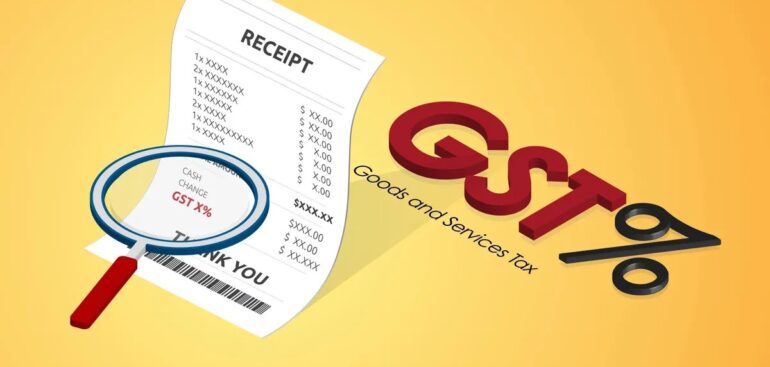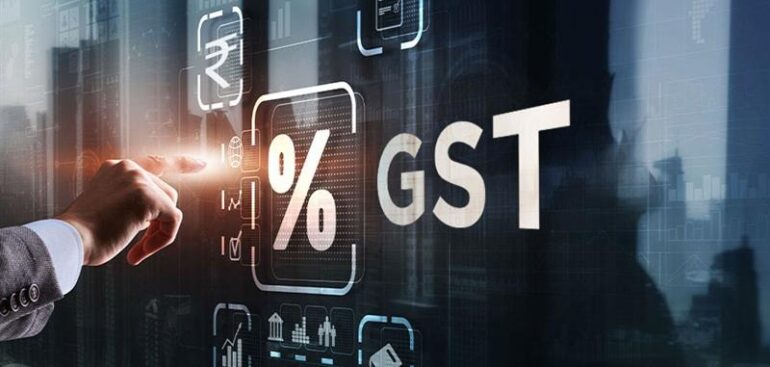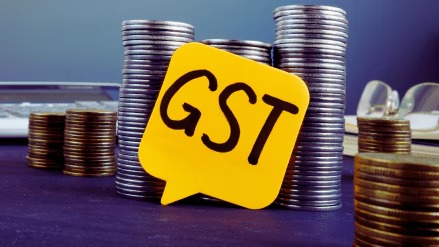The 2025 GST reforms have taken a step towards simplifying compliance, a long-standing demand from the business community. With a focus on automation and reduced paperwork, businesses will now find it easier to comply.
Key Compliance Changes:
- New GST Returns: Introduction of simplified GST returns with pre-filled data based on supplier filings.
- Automated ITC Reconciliation: Businesses no longer need to manually match invoices; the system will auto-populate eligible credits.
- E-Invoicing Expansion: Mandatory for businesses above a new lower turnover threshold, reducing fake invoicing risks.
Benefits:
- Lower compliance burden.
- Reduced risk of errors and notices.
- Enhanced ease of doing business, particularly for MSMEs.
Takeaway for CAs & Businesses: CAs should guide businesses in transitioning smoothly to the new compliance system. Investing in digital solutions for GST compliance is now more critical than ever.



